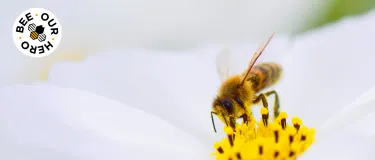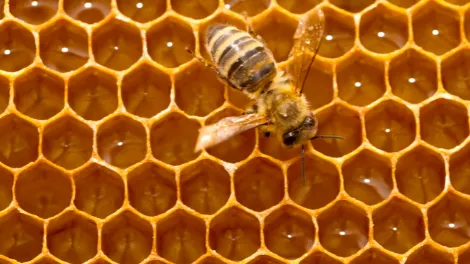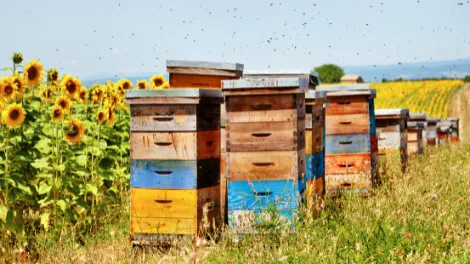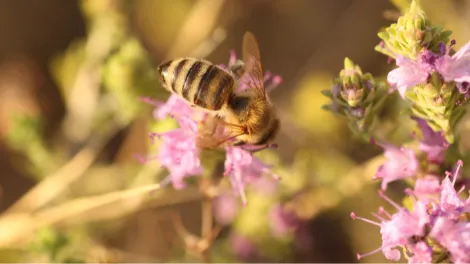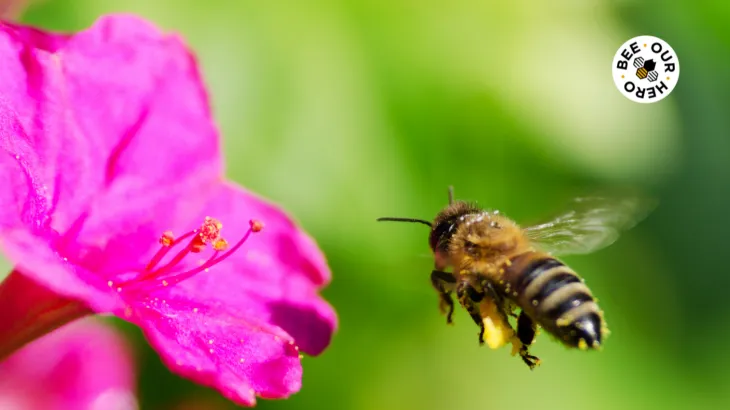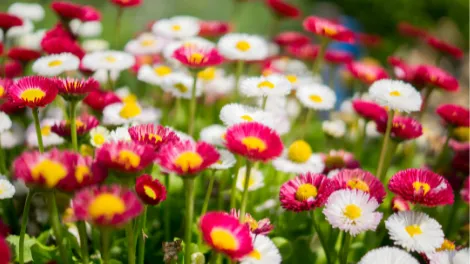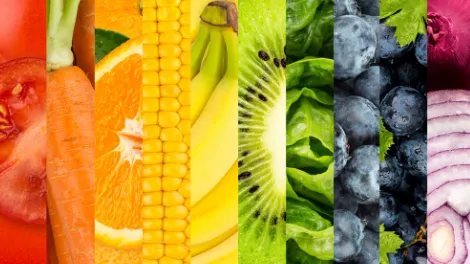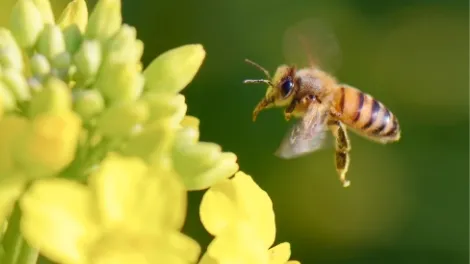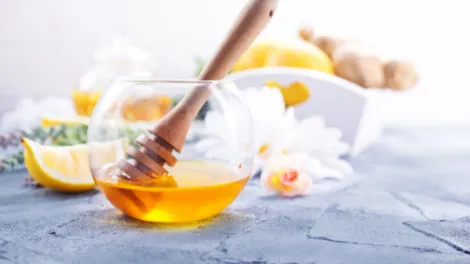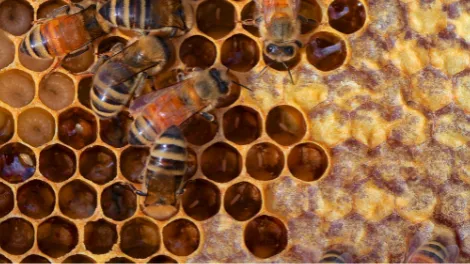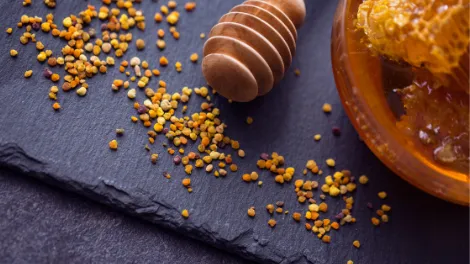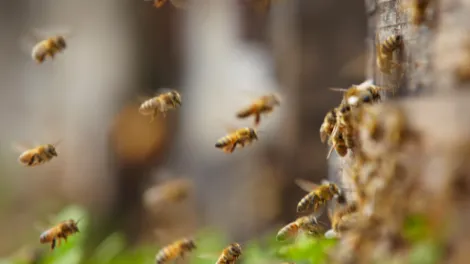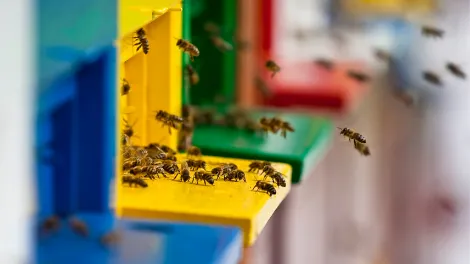Bee Our Hero
Such a small insect with such a great importance for everyone!
The bee is a little hero of nature that most of us don't really know about.
At HERACLES Group, we take the initiative to introduce this little hero to the general public and inform about the actions we take to protect him, under our Corporate Social Responsibility program "One more feat" and the awareness program "Bee Our Hero".
Quick introduction to the Bee world
Amazing facts about the bee:
HOW WE CAN HELP:
The most fun and easy way to help bees is the garden at home or on our balcony!
By choosing herbs such as basil, thyme, rosemary, chives and parsley, we ensure food for the bees and several supplies for our cooking!
We can also plant wildflowers - the ideal food source for bee pollination and a variety of flowers, so bees can access pollen and nectar all year round!
You may find unique dyi ideas here: https://www.xtizoumemazi.gr/idees-liseis
Pesticides are harmful to bees and other pollinators as well as the environment.
Alternatively, we can apply natural solutions to reduce pests in our gardens, by planting aromatic herbs such as thyme and rosemary, while at the same time attracting beneficial insects such as ladybugs, the natural "predators" for aphids.
A small amount of sugar is enough for a tired bee!
Mix two teaspoons of white sugar with a teaspoon of water and place the mixture on a saucer or sprinkle our flowers to rejuvenate tired bees.
We choose to support local beekeepers and prefer local honey and beeswax products.
Local honey is not only delicious - it is made from the local flora and can also help with seasonal allergies!
Bees work hard, so they need water like all creatures.
Not only do they drink water, but they carry it back to their nest to dilute the honey, feed their babies, and even regulate the temperature in the hive.
A great way to help hydrate our thirsty friends is to create a watering can for the bees.



